In a world increasingly driven by environmental consciousness, sustainability has become more than just a trend—it’s a personal statement. Consumers are voicing strong environmental values and seeking brands that align with their beliefs. However, a deeper look reveals a crucial tension: are these values genuinely influencing behavior, or merely shaping perceptions?
A recent study by BrandPulse, a leading research and insights firm, explores this question in depth. It examines the widening gap between what consumers say they want and how they actually behave when it comes to sustainability.
Key Insights from the BrandPulse Consumer Study
1. The Intention-Action Gap
While many consumers advocate for sustainability, actual purchasing decisions often favor convenience, cost, and brand familiarity. The study highlights that while environmental messaging resonates emotionally, it struggles to consistently drive behavior at the point of purchase.
2. Price and Accessibility Remain Barriers
Sustainability often comes with a price tag. Consumers who value eco-friendliness hesitate when faced with higher costs or limited availability of green alternatives. To win them over, brands must integrate sustainable practices without penalizing affordability or convenience.
3. Growing Skepticism Toward Green Claims
Consumers today are more vigilant about greenwashing. Vague environmental claims, unclear certifications, and inconsistent messaging lead to mistrust. Transparent, verifiable communication is now critical for building brand credibility.
4. Rise of the Purpose-Driven Buyer
A new generation of consumers, particularly Millennials and Gen Z, uses purchasing power as a form of activism. They expect measurable impacts, ethical sourcing, and real community involvement—not just lip service.
5. Everyday Constraints Challenge Sustainable Choices
Despite growing eco-consciousness, many consumers find it difficult to prioritize sustainability in daily life. Limited time, unclear product information, and habitual convenience often undermine their best intentions.
6. Sustainability as a Long-Term Brand Mandate
One-off campaigns are no longer enough. Consumers expect brands to demonstrate a sustained commitment to environmental responsibility, integrated deeply into operations, supply chains, and corporate culture.
To bridge the gap between sustainable intention and action, brands must move beyond superficial green messaging. According to Mona Jain, Chief Growth Officer at BrandPulse, the path forward demands bold authenticity, “Sustainability is no longer a niche—it’s a mainstream expectation. The challenge for brands is to make it easier for people to act on their values. That means offering transparency, affordability, and above all, authenticity in every touchpoint.”
By aligning product development, communication, and operations with real-world consumer behaviors, companies can build trust, relevance, and long-term loyalty in an ever-more conscious marketplace.
As BrandPulse’s research makes clear, understanding the true dynamics behind consumer sustainability behavior is no longer optional—it’s essential for brands that want to lead with purpose.
 JioStar vice-chair Uday Shankar on surge in streaming subs, trade tariff challenges
JioStar vice-chair Uday Shankar on surge in streaming subs, trade tariff challenges 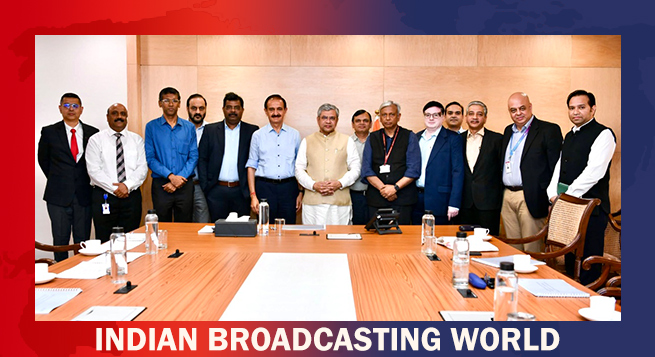 AIDCF team discusses industry issues with Vaishnaw
AIDCF team discusses industry issues with Vaishnaw 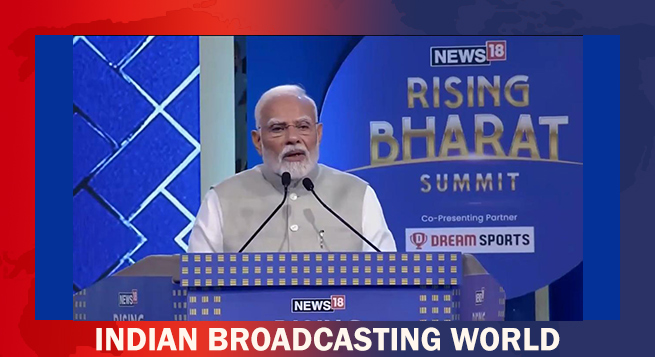 PM Modi: WAVES will empower Indian content creators go global
PM Modi: WAVES will empower Indian content creators go global 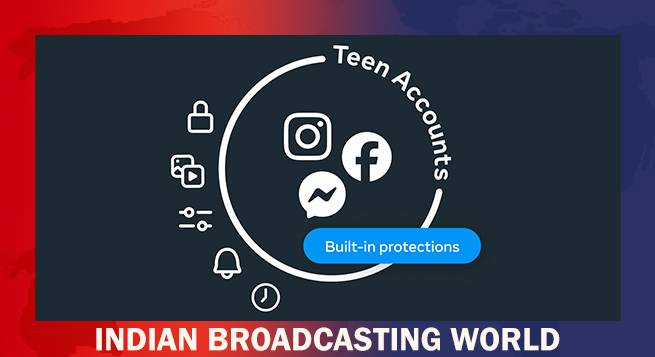 Meta rolls out ‘Teen Accounts’ feature to FB, Messenger
Meta rolls out ‘Teen Accounts’ feature to FB, Messenger 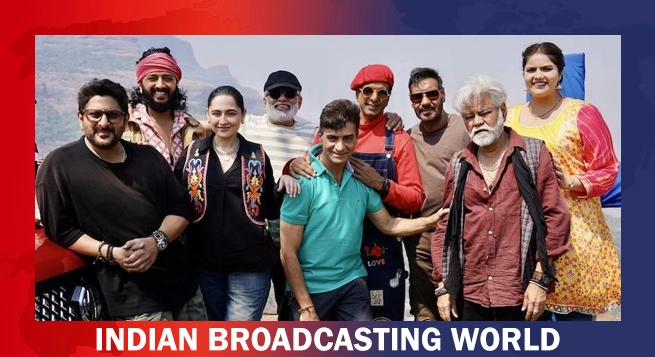 Sri Adhikari Brothers join hands with Maruti Films for ‘Dhamaal 4’
Sri Adhikari Brothers join hands with Maruti Films for ‘Dhamaal 4’ 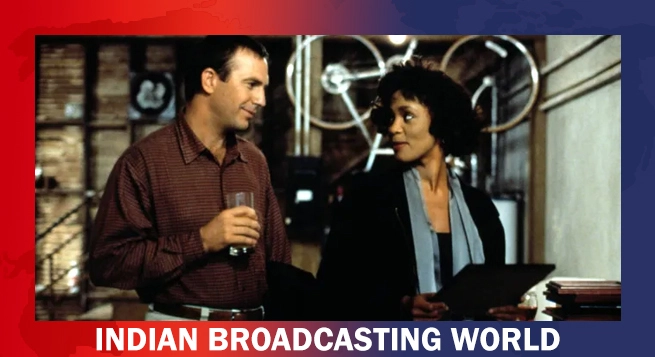 Warner Bros to remake ‘The Bodyguard’
Warner Bros to remake ‘The Bodyguard’  Priyanka to reunite with Hrithik Roshan in ‘Krrish 4’
Priyanka to reunite with Hrithik Roshan in ‘Krrish 4’  Nawazuddin Siddiqui to headline ZEE5’s ‘Costao’
Nawazuddin Siddiqui to headline ZEE5’s ‘Costao’  Zee Telugu unveils ‘Drama Juniors’ S8
Zee Telugu unveils ‘Drama Juniors’ S8 








